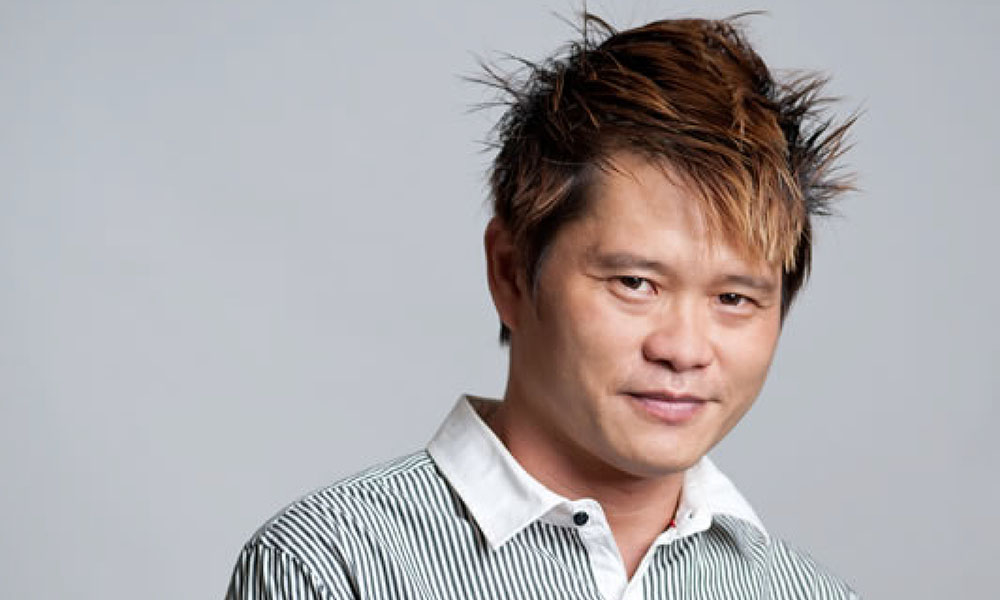By Luan Do
With its winding mountain trails, silver streams, and green and gold rice terraces, the scenic Sapa Valley of Vietnam appears to be an eden. But its gorgeous scenery masks the daily struggles of the valley’s indigenous people.
It is post-harvest season, and many farmers have been out of the job, searching the town for temporary alternatives. Poverty is a real concern, yet they are happy, smiling from ear to ear, never hesitating to help a stranger.
Happiness despite extreme poverty – it’s something hard to conceive. Isn’t material comfort part of the secret to well-being?
Can Money Buy Happiness?
Harvard Business School professor Michael Norton believes material wealth can bring one happiness – but only if it is spent the right way.
“If you think money can’t buy happiness, you’re not spending it right,” reasoned Dr Norton.
Take the example of lottery winner Jack Whittaker, who scored the jackpot of US$113 million (S$152 million) in 2002. Over the next 14 years, Whittaker’s life was plagued by a series of tragedies, including the deaths of his daughter and granddaughter, being robbed several times, lawsuits, and losing his house to a fire.
It’s clear that gaining a lot of money isn’t the secret to happiness. But can the way we spend our money translate to greater happiness?
According to Dr Norton, the answer lies in altruism. “People who spent money on other people got happier, [whereas] people who spent money on themselves… nothing happened,” he concluded from a social study where participants were given a sum of money to spend either on themselves or on other people.
In fact, a 2010 Gallup poll showed a strong positive correlation between a person’s charitability and his general happiness, which was observed in over 100 countries of the 136 countries surveyed.
“Spending on other people has a bigger return for you,” said Dr Norton while encouraging people to think more about how they can benefit other people. “You will find that you benefit yourselves, much more.”
The Pursuit of Happiness: Two Perspectives
It can be argued that the idea of pursuing happiness is as mature as humanity itself.
There are two existing schools of thought on happiness – one is the Hedonistic Approach, while the other is the Eudaimonistic Approach.
The Hedonistic Approach originates from Aristippus, a fourth century B.C. philosopher and pupil of Socrates. Aristippus contended that the goal of life is pleasure, and therefore one finds happiness by pursuing pleasure and avoiding pain.
He is richest who is content with the least, for content is the wealth of nature
Socrates
In contrast, Greek philosopher Aristotle endorsed the Eudaimonic Approach – that happiness is found in leading a virtuous life and realising one’s true potential, or ‘daimon’.
Although Aristotle viewed the Hedonistic Approach as a vulgar ideal that enslaves mankind to his own desires, modern society has embraced both approaches.
Nevertheless, studies have shown eudaimonia as the more robust contributor to happiness of the two. Scientific research has consistently shown that altruism, meaningful pursuit, nurturing positive relationships, and other eudaimonic concepts are connected to greater psychological well-being than hedonistic traits.
Researchers Ethan McMahon and David Estes have also shown that only eudaimonic dimensions predicted well-being, whereas hedonistic conceptions did not.
Effectively, the pursuit of hedonic happiness by seeking pleasure and avoiding pain facilitates a society that promotes self-centeredness and de-emphasises moral virtue – which is what defines us as human.
An Ancient and Universal Concept
Tracing back through history, we find extraordinary parallels in the philosophies of ancient sages, who laid the bedrock for the development of mankind’s culture, embedded in which is the secret to happiness.
In ancient Greek philosophy, eudaimonia was the mainstream conceptualization of happiness and positive functioning, whereas hedonism received little attention, writes Keimyung University professor Mohsen Joshanloo.
This perspective is captured in the Socrates quote, “He is richest who is content with the least, for content is the wealth of nature.”
Spending on other people has a bigger return for you
Professor Norton, Harvard Business School
Such ideology resonates remarkably well with the traditional teachings of major Eastern religions, which likewise revolve around virtuous living and kindness to others.
Hinduism, the predominant religion in India, attributes well-being to letting go of materialistic desires and avoiding negative emotions such as greed and anger.
Buddhism similarly emphasises benevolence and the transience of pleasure. The pursuit of pleasure can make us selfish, sometimes at the expense of others’ well-being.
Confucius, whose philosophy Confucianism continues to have a lasting influence on East Asian cultures, once said, “Humane men do not seek to preserve their lives at the expense of humanity; rather, they give their lives to attain humanity’’.
Transcending geographical boundaries, the pre-modern schools of thought shared phenomenal similarities in their concepts of well-being and happiness.
However, since the Industrial Revolution in the 18th century, societies have begun to embrace the hedonistic path. Technological advances have taken priority to gratify our quest for happiness.
Moreover, traditional cultures have also suffered severe damage from various political incidents throughout history, some of which have persisted till today.
For instance, virtuous living and traditional values became targets of criticism and persecution during the Cultural Revolution by the Chinese Communist Party. The aftermath of which was massive scores of civilian deaths, and also the dilution, if not disappearance of China’s 5,000-year-old traditional culture – one that had inspired multitudes of nations.
The modern shift from eudaimonia to hedonism may explain society’s escalating stress levels and depression rates, despite transformational technological advances and increasing material wealth.
And to find happiness, a shift in perspective is all we need – from thinking about ourselves to thinking about others.
















